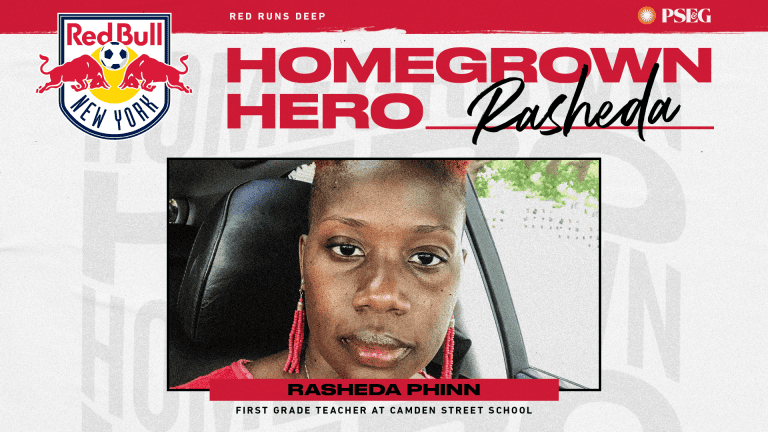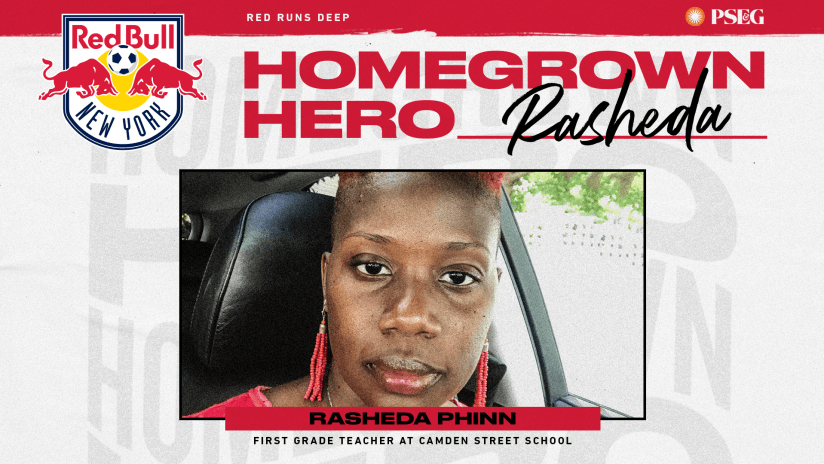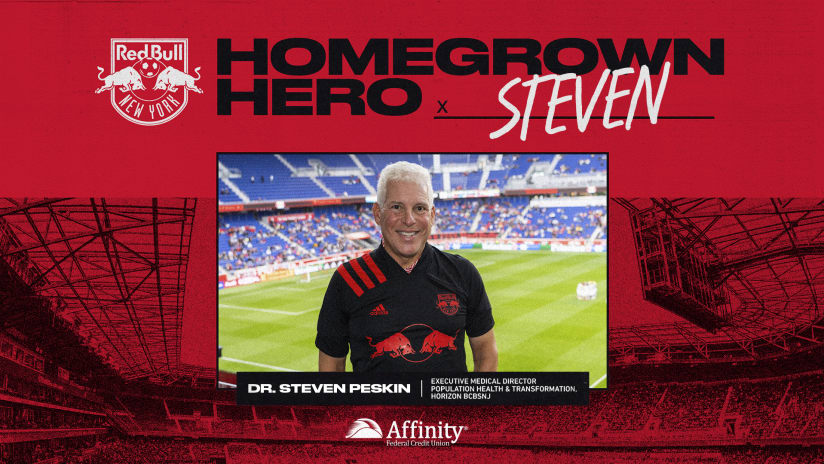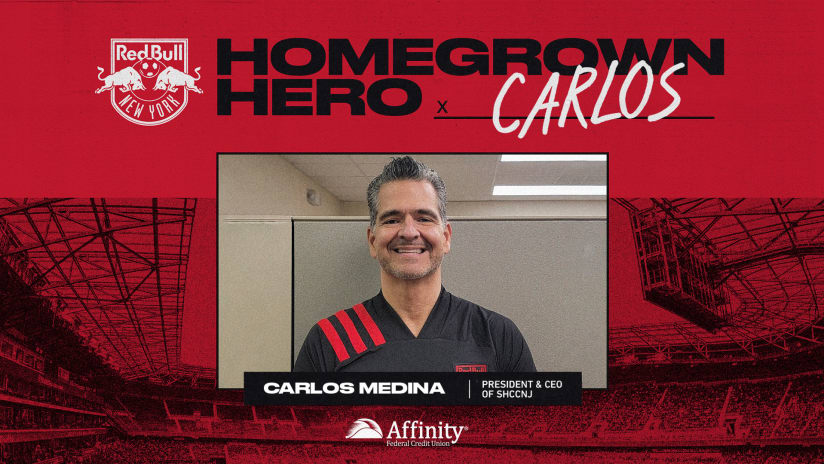
This week’s Homegrown Hero is Rasheda Phinn, first grade teacher at Camden Street School. This past week we caught up with her to know more about her story, and what she has experienced since the pandemic started. We thank Rasheda for all her efforts and for inspiring our club with her acts.
“I've been a teacher, this will be my 18th year being an educator, I've taught preschool, all the way up to first grade. This is the first year that I moved with my kids from kindergarten and followed them to first grade. I’m very passionate about teaching, I love what I do, more so because it's one of those jobs where you know, you reap the benefits by seeing the growth, you start with a blank slate, where you don't know what you're getting, and the children that you're receiving every year. For you as the teacher to find that special thing, and each and every one of them, find that spark that's going to light them and make them want it more, knowing that learning is so important, and it's not just work, work, work, like academics, academics, there's a lot to learning. When students love their teachers, we all know they perform because all they want to do is to please their teachers. I love the elementary age because they're just so innocent, and they just want love, all they want is love.
“They just want you to hug them and tell them it's going to be okay, not a lot going on with them, they just come to you, like, love me, see me, make me know that I'm special, and I'm important, even if they're getting it at home. You know? Yeah, that's what I love about it. It's just something about the little things that I love.
“I think what's special about my situation and maybe more teachers who are in my exact situation. I mean if they move with their students, they loop, if they loop with their students to the next grade, it kind of helped the blow [the COVID-19 news] not to be as bad. Some of them are aware, and they can tell you what's going on because the parents speak to them about it, and they're watching it on TV and they can process it. But if you're able to move with your teacher, seeing that familiar face, it kind of softened the blow a little bit from my students.
“But in March, we had that time we were talking to them about it, and then have them tell us how they felt about it, and more so not telling them everything and giving them the answer, but have them tell you what they think is going on, how they feel about what they think is going on. So March, April, was when we really touched on it, so when we got back in September, it was like, okay, it's going to be virtual, what is it going to look like? We weren't really talking too much about COVID. The transition was, you know, for the teachers not as smooth because with technical issues and stuff, but for the students, they're good, they're going to be alright, they're doing pretty good with not being able to be in the classroom. They want to, but they're adjusting.
“What I find the most stressful is the ones that don't have the support, the support at home, like if it's a working parent who can't quit their job to be at home with the student, and it's a grandma or grandpa and they're not tech savvy. So that student might be missing out on the whole week, then I find myself staying up till eight, nine at night because that's when the parent comes home and that's when I'm available to fill the parent in on, okay, this is what happened, this is what you need to do, this is what she misses, you know, or if it's a one device in the household, and it's multiple siblings, that's the most challenging.
“I was big on family before COVID, but this really nailed it for me, families are very important, family and friends, loved ones. That's more important than anything. And no matter what happens in life, you need to tell the people who you care about and love, talk to them daily, if you can, or weekly, and let them know that you appreciate them while they're here because we just don't know, and we need to show them not just tell them why they are important.”






